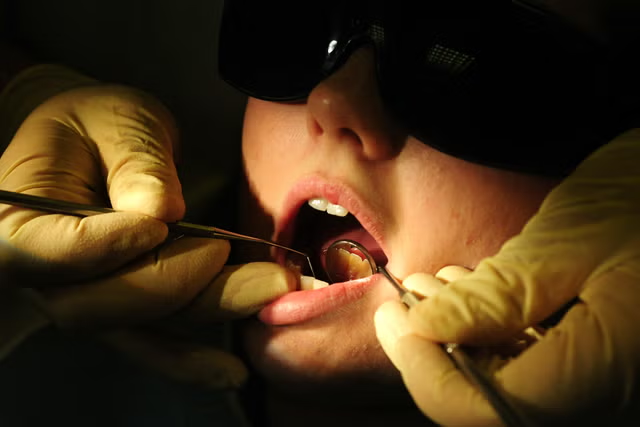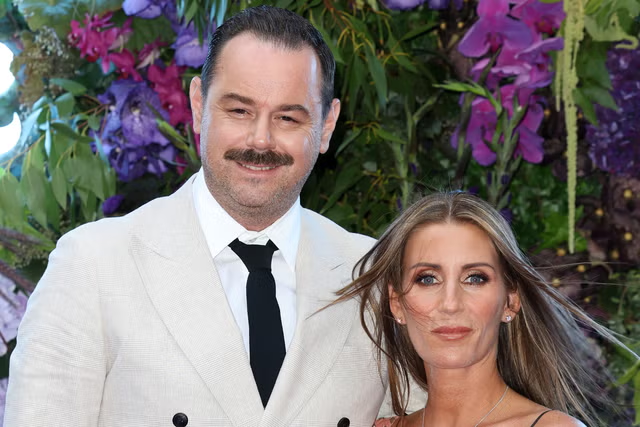Are you for real? I am, or at least I think I am, but I’m not sure I can be sure. What if the social media platform formerly known as Twitter says I am computer generated? What if the Guardian newspaper appears to agree? It would be enough to give anyone an existential crisis – especially if their head is still spinning from the general election campaign.
Earlier this week, a Reform UK candidate faced exactly this disconcerting question, when online rumours began circulating that he might not exist. Desperate for more muck on Nigel Farage’s party, Left-wing conspiracy theorists put it about that the party was not only riddled with bigots and racists, but also populated by avatars. Warning of a “HUGE scandal”, a self-styled “woke socialist and Brexit hating Scouse-Italian” named “Dr Bella” took to X to claim that some of these bots might even have been in a position to win parliamentary seats. What excitement! Someone call the police!
Still languishing on his sick bed after an unfortunately timed bout of pneumonia, Mark Matlock, erstwhile Reform UK candidate for Brixton and Clapham Hill, was disconcerted to find himself at the centre of the ensuing storm. He appears to have been singled out for suspicion on the basis of his candidate photo, in which he has unusually smooth looking skin. Staring straight at the camera, he does look a bit like one of those AI-generated South Korean newsreaders. A failure to show up to his own election count did nothing to stop the scuttlebutt.
Appearing on live television to prove it all nonsense, Matlock did have something to declare, admitting he used a little computer wizardry to touch up his image. Apparently, he Photoshopped the colour of his tie, and airbrushed out the original backdrop. Protesting that he is “very real”, he explained that the picture was taken outside Oxford’s Ashmolean Museum, which wasn’t quite the right look for a London constituency. He explained that he couldn’t make the count, because he was too sick to stand, which as excuses go, seems pretty solid. Understandably indignant, he dismissed the brouhaha as “fake news”.
Who set this daft hare running? The usual suspects, of course: the same crowd that spent the general election campaign desperately trying to discredit Reform UK candidates via offence archaeology, dredging up ancient, off-colour comments from the social media seabed. Thanks to the haste with which the party had to fill the slate for 650 seats, and the sorry failure of an expensive vetting company to do its job, the exercise proved very rewarding. Critics of the party found plenty to froth about, including some genuinely ugly sentiments and language. Naturally, they were delighted by the political fallout. The election may be over, but evidently, the sport is too fun to give up.
And so the wild controversies continue – and there’s always the Grauniad to give it legs. In a confusing report, the Farage-baiting publication claimed Reform UK was “under pressure” to prove all its candidates were real, suggesting the absence of photographs, biographies or contact details on some candidate profiles raised doubts over their flesh-and-blood credentials. Demanding Reform UK “come clean”, an obliging Liberal Democrat source opined that it “didn’t sound right”.
Fielding fake candidates in a parliamentary election is, of course, a criminal offence, which is probably why the Guardian report concluded with the following killer acknowledgement: “There is no evidence that any of the candidates are fake.” Never let the facts spoil a good headline!
Truly, we are living in a parallel universe.
Disclaimer: The copyright of this article belongs to the original author. Reposting this article is solely for the purpose of information dissemination and does not constitute any investment advice. If there is any infringement, please contact us immediately. We will make corrections or deletions as necessary. Thank you.



